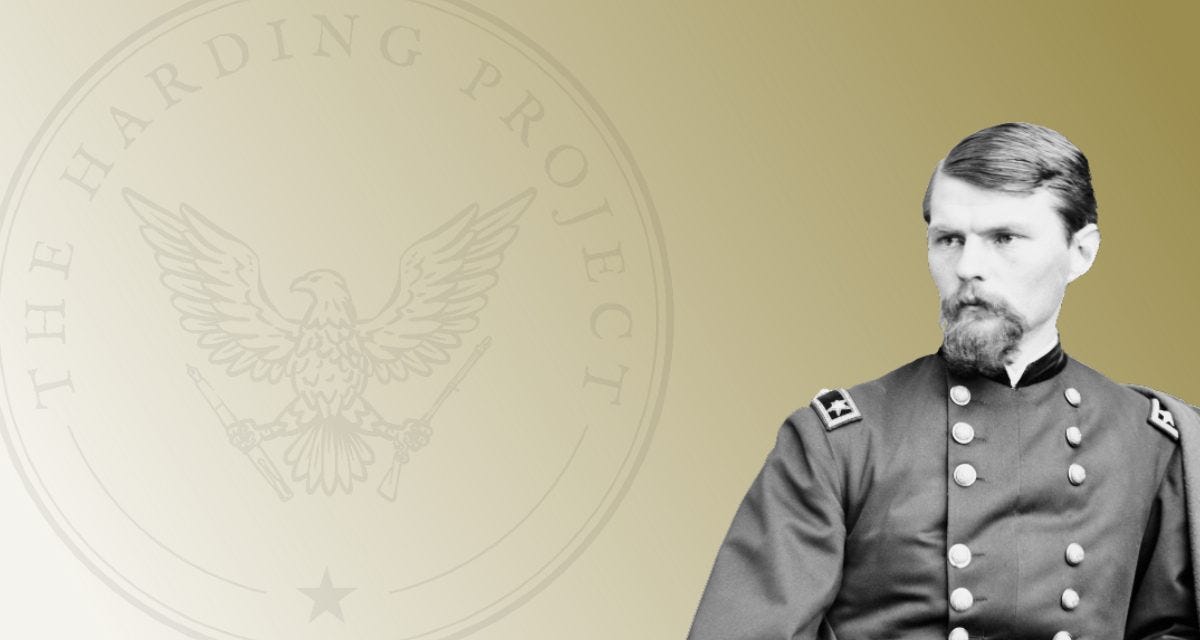#ArmyAuthor: Col. Emory Upton
The most influential advocate of military reform in Army history
Col. Emory Upton killed himself today in 1881.
Just 41 years old, Upton had proven himself as able a battlefield commander as a military reformer and loyal critic. After proving his bravery leading a three-regiment bayonet attack at Spotsylvania Court House, Upton’s written works left a lasting impact on the Army.
Read all about him in Theo’s article over at West Point’s Modern War Institute.
We also dug into the archives and found these two great articles by great authors on Upton. If you’ve got a minute, check them out too:
“Emory Upton: A Centennial Assessment” in Military Review by then-Major Andrew Bacevich on page 27. Bacevich starts from Upton’s role as the “most influential advocate of military reform in Army history” and critiques Upton’s view of American civil-military relations as defined by mutual tension between civilians and the military. Notably, Bacevich wrote his thoughtful article as an #ArmyAuthor himself though he is now a noted emeritus professor of history and international relations.
“Making Due With Less, or Coping with Upton’s Ghost” by Professor Eliot Cohen. In this monograph from 1995 published by the Army War College’s Strategic Studies Institute, Cohen draws on Upton’s legacy when arguing for the Army to avoid isolation from the broader United States during the post-Cold War drawdown. In an era of declining resources for the Army, this piece may have important implications today.
Want to write your own #ArmyAuthor profile? Send in a pitch to submissions@hardingproject.com.




In addition to the work on Upton in the review the historically minded can find reprints of Upton’s own writings.
https://press.armywarcollege.edu/cgi/viewcontent.cgi?article=2855&context=parameters